20 Jul Technical Barriers to Trade (Tbt) Agreement of Wto
The Technical Barriers to Trade (TBT) Agreement of the World Trade Organization (WTO) is designed to foster international trade by reducing the technical barriers that can impede the movement of goods across borders. The agreement aims to ensure that technical regulations, standards, and conformity assessment procedures are developed and implemented in a manner that does not unjustly hinder trade.
However, despite the TBT Agreement being in place, technical barriers to trade still exist and can pose significant challenges for businesses seeking to enter international markets. These barriers can arise from a variety of sources, including differences in technical regulations and standards, conformity assessment procedures, and labeling requirements.
One of the main challenges posed by technical barriers to trade is the cost of complying with different regulations and standards in different markets. This can be particularly burdensome for small and medium-sized enterprises (SMEs) that lack the resources to navigate complex regulatory environments. In addition, technical barriers to trade can create a «spaghetti bowl» of regulations, which can make it difficult for businesses to understand and comply with the rules in different markets.
Another challenge is the potential for technical barriers to trade to be used as protectionist measures, in which countries impose regulations and standards to favor their own domestic industries. This can lead to a lack of transparency and can make it difficult for businesses to compete on a level playing field.
To address these challenges, the TBT Agreement sets forth a number of principles and procedures to ensure that technical regulations, standards, and conformity assessment procedures are developed and implemented in a transparent, non-discriminatory, and proportionate manner. These include the use of international standards where possible, the establishment of national enquiry points to provide information on technical regulations and standards, and the use of mutual recognition agreements to facilitate the recognition of conformity assessment procedures.
In conclusion, technical barriers to trade remain a significant challenge for businesses seeking to enter international markets. While the TBT Agreement of the WTO provides a framework to address these barriers, it is important for businesses to stay informed of the regulations and standards in different markets and to work with their governments and industry associations to ensure that technical regulations and standards are developed and implemented in a transparent, non-discriminatory, and proportionate manner.


Sorry, the comment form is closed at this time.